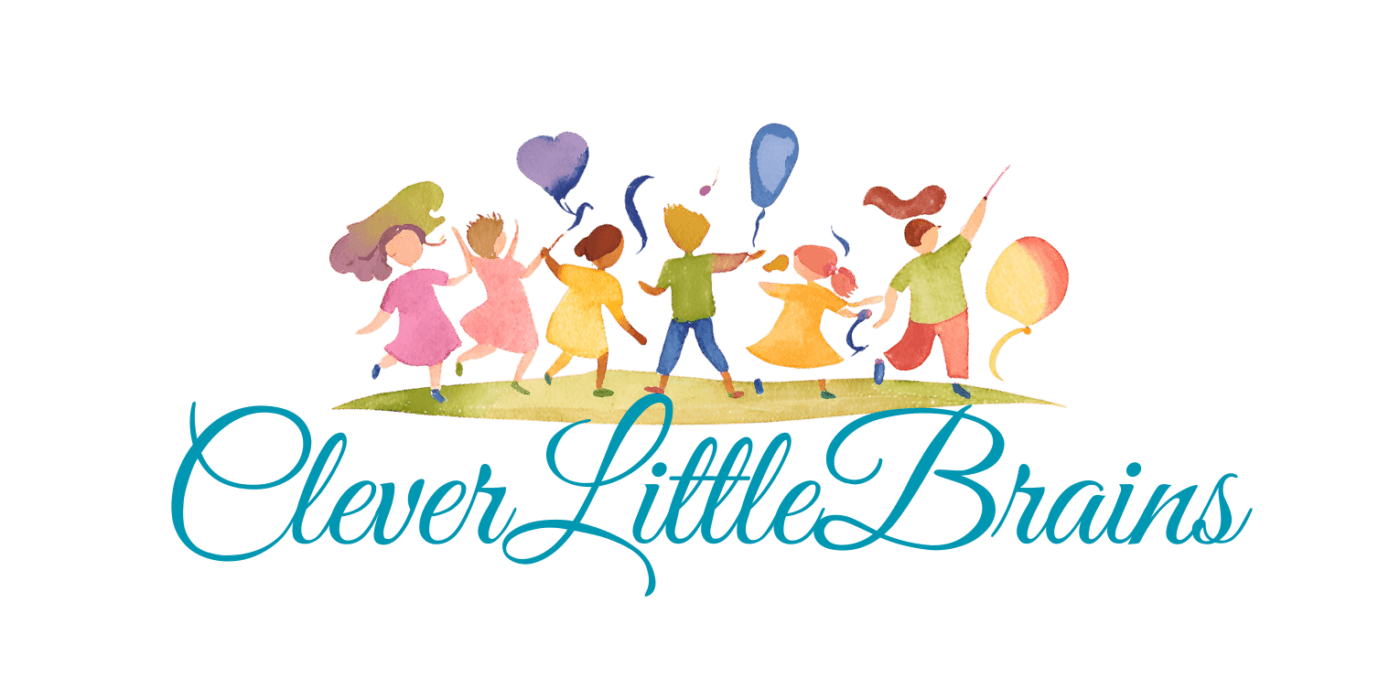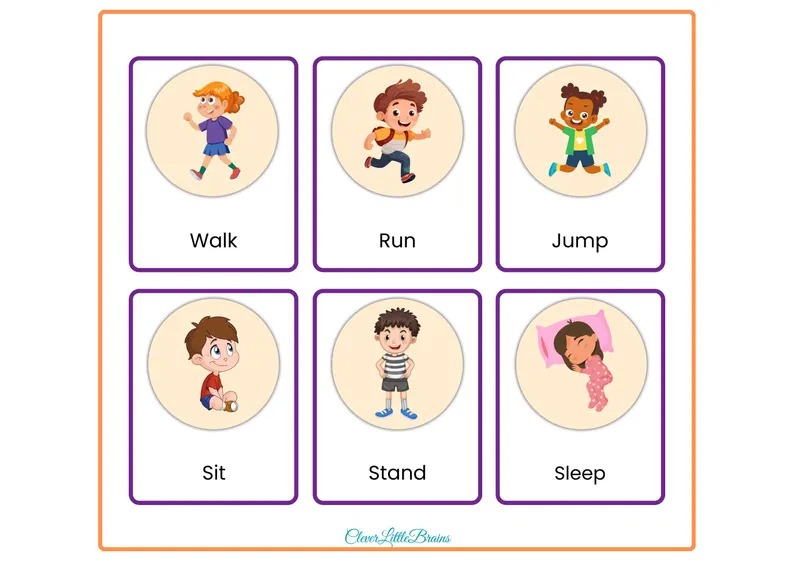Action verbs form the backbone of children’s communication skills, serving as powerful tools that bring language to life. These dynamic words—often called action words—describe what people, animals, or things do, allowing young learners to express movement, behavior, and activity in their everyday world.
Mastering action verbs is a crucial milestone in language development, as these words help children articulate their experiences, from the physical movements of jumping and running to the quieter activities of reading and thinking.
Introducing a variety of action verbs enhances children’s vocabulary, improves their sentence structure, and strengthens their storytelling abilities. Rather than simply saying things “happened,” children learn to describe precisely how they occurred—did the cat walk, prowl, or pounce? Did the ball roll, bounce, or fly? This specificity not only makes communication more effective but also nurtures creativity and observation skills.
The following comprehensive list of 50 common action verbs includes child-friendly example sentences demonstrating each verb in context. By practicing these action words regularly through games, stories, and everyday conversations, children build a strong foundation for more complex language skills that will serve them throughout their educational journey.
50 Common Action Verbs for Kids
| Action Verb | Example Sentence |
|---|---|
| 1. Jump | Maria can jump higher than anyone else in her class. |
| 2. Run | The children run around the playground during recess. |
| 3. Walk | We walk to school every morning when the weather is nice. |
| 4. Skip | Emily likes to skip down the hallway when she’s happy. |
| 5. Hop | The little rabbit can hop very quickly across the garden. |
| 6. Swim | Fish swim in the clear blue water of the aquarium. |
| 7. Climb | The brave firefighter will climb up the ladder to rescue the cat. |
| 8. Dance | My sister and I dance to our favorite songs in the living room. |
| 9. Sing | The birds sing beautiful songs early in the morning. |
| 10. Draw | Marco likes to draw pictures of dinosaurs and rockets. |
| 11. Paint | The young artists paint colorful pictures on large sheets of paper. |
| 12. Read | Grandmother reads a story to me every night before bed. |
| 13. Write | Students write in their journals at the beginning of each day. |
| 14. Listen | We need to listen carefully when the teacher gives instructions. |
| 15. Talk | The friends talk about their favorite movies at lunch time. |
| 16. Eat | We eat breakfast together as a family every morning. |
| 17. Drink | The thirsty dog drinks water from his bowl after playing outside. |
| 18. Sleep | Babies sleep for many hours during the day and night. |
| 19. Build | The children build a tall tower with colorful blocks. |
| 20. Throw | Jacob can throw the ball all the way across the field. |
| 21. Catch | My brother can catch the frisbee with just one hand. |
| 22. Kick | Soccer players kick the ball into the goal to score points. |
| 23. Push | Please don’t push your sister when you’re playing together. |
| 24. Pull | The little wagon is heavy, so two friends pull it together. |
| 25. Hug | I hug my teddy bear when I go to sleep at night. |
| 26. Laugh | The funny clown makes all the children laugh at the party. |
| 27. Cry | Babies sometimes cry when they are hungry or tired. |
| 28. Smile | Grandpa always smiles when he sees us coming to visit. |
| 29. Frown | The coach might frown if we don’t follow the rules of the game. |
| 30. Help | Good friends help each other with difficult tasks. |
| 31. Share | It’s important to share your toys when friends come over to play. |
| 32. Give | For her birthday, I will give my best friend a bracelet I made. |
| 33. Take | Please take your lunchbox when you leave for school. |
| 34. Open | Let me open the door for you since your hands are full. |
| 35. Close | Don’t forget to close the refrigerator door after getting a snack. |
| 36. Play | The children play hide-and-seek in the backyard after dinner. |
| 37. Look | We look at the stars through the telescope on clear nights. |
| 38. See | Can you see the rainbow after the rain stops? |
| 39. Watch | My family likes to watch movies together on Friday nights. |
| 40. Make | Let’s make cookies with chocolate chips this afternoon. |
| 41. Find | I need to find my library book before it’s due tomorrow. |
| 42. Hide | The squirrels hide acorns in the ground for winter. |
| 43. Seek | In the game, one person counts while others seek a place to hide. |
| 44. Ask | Students ask questions when they don’t understand something. |
| 45. Answer | The teacher will answer all your questions about the assignment. |
| 46. Start | We start our day with a healthy breakfast and exercise. |
| 47. Stop | Remember to stop at the corner and look both ways before crossing. |
| 48. Ride | Many children learn to ride a bicycle when they are five years old. |
| 49. Fly | Birds fly south for the winter when the weather gets cold. |
| 50. Grow | Plants grow taller when they get plenty of sunlight and water. |

